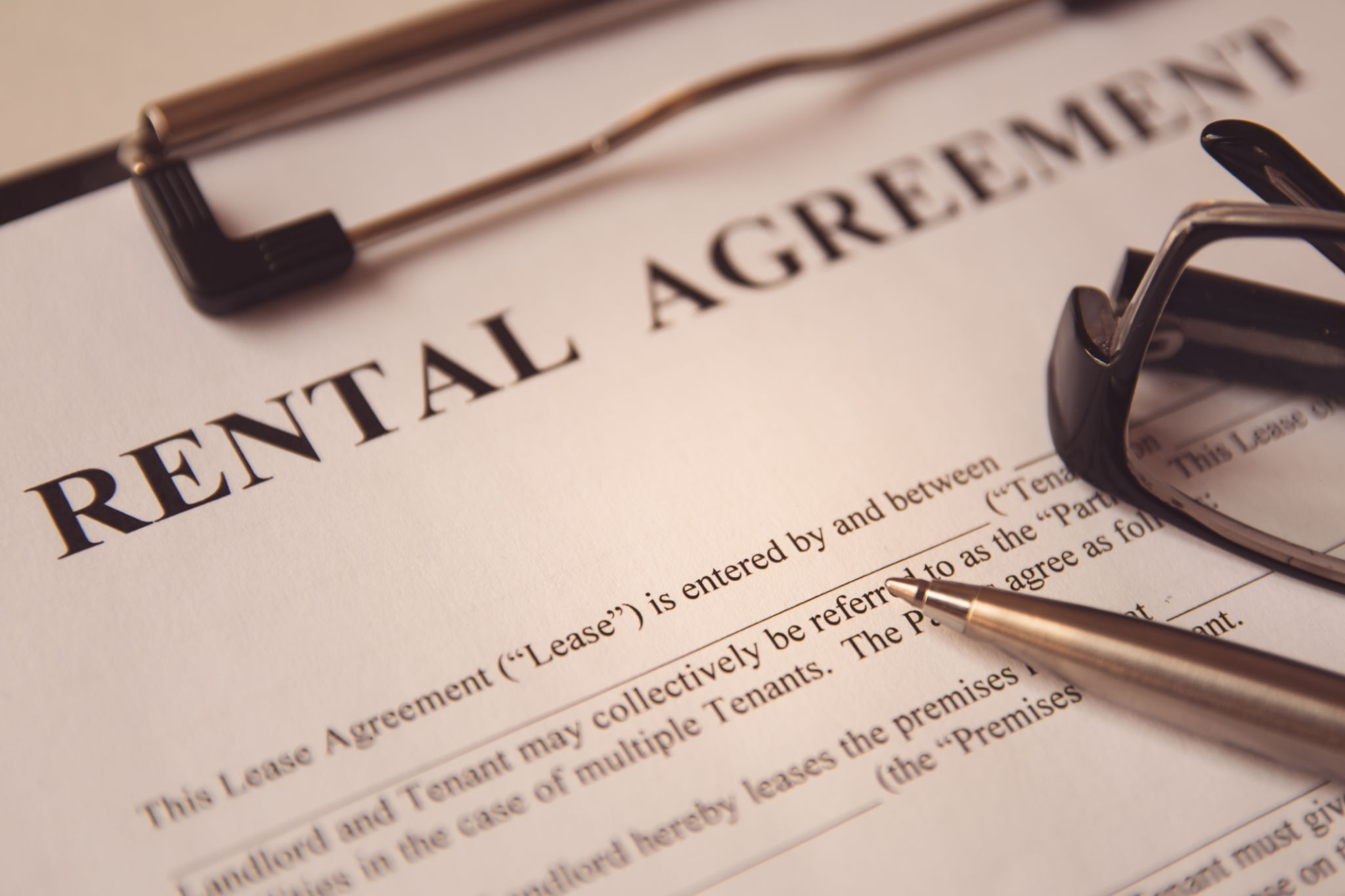Understanding the Regulations for Property Management in Wales
Introduction to Property Management Regulations in Wales
Understanding property management regulations is crucial for anyone involved in the real estate sector. In Wales, these regulations are designed to protect both landlords and tenants, ensuring fair practices and maintaining standards. Whether you are a landlord, property manager, or tenant, being informed about these rules can help you navigate the rental market effectively.

Licensing and Registration
The Welsh Government has established a mandatory licensing and registration system for landlords and letting agents. Known as Rent Smart Wales, this initiative requires landlords and agents to register their properties and complete a training course. Registration is necessary to legally let properties in Wales, promoting transparency and accountability in the rental market.
Landlords must ensure they are either licensed themselves or use a licensed agent. Failure to comply with these requirements can lead to penalties and enforcement actions. This system helps maintain high standards in property management and ensures landlords are knowledgeable about their responsibilities.
Health and Safety Standards
Ensuring the safety of tenants is a top priority in Welsh property management regulations. Landlords have a duty to maintain their properties to a safe standard, addressing issues such as gas safety, electrical safety, and fire safety. Regular inspections and certifications are required to comply with these regulations.

Gas appliances must be checked annually by a registered engineer, and electrical installations need regular inspections as well. Fire safety measures, including smoke alarms and fire extinguishers, should be adequately maintained. These health and safety standards are essential for tenant protection and landlord compliance.
Minimum Energy Efficiency Standards
Environmental sustainability is an important aspect of property management in Wales. The Minimum Energy Efficiency Standards (MEES) require properties to achieve a certain energy efficiency rating before they can be rented out. This initiative not only reduces environmental impact but also helps tenants save on energy costs.
Tenant Rights and Responsibilities
Understanding tenant rights is essential for both landlords and tenants. In Wales, tenants have rights to live in safe, well-maintained properties, and they have the right to challenge unfair practices. Landlords must provide a valid tenancy agreement, typically an assured shorthold tenancy, clearly outlining the terms of occupancy.

Tenants are also responsible for paying rent on time, keeping the property in good condition, and adhering to the terms of their tenancy agreement. Having a clear understanding of these responsibilities can prevent disputes and promote harmonious landlord-tenant relationships.
Dispute Resolution
Despite best efforts, disputes may sometimes arise between landlords and tenants. In Wales, several mechanisms exist to resolve these issues amicably. The Rent Smart Wales scheme provides guidance on dispute resolution, and tenants can seek assistance from local authorities or tenant advisory services.
Mediation services can also be employed to achieve mutually agreeable solutions without resorting to legal action. This approach helps maintain positive relationships and ensures fair treatment for all parties involved.
Conclusion
Navigating the property management landscape in Wales requires a comprehensive understanding of the regulations in place. By adhering to licensing requirements, maintaining health and safety standards, respecting tenant rights, and utilizing dispute resolution mechanisms, landlords and letting agents can ensure compliance and foster trust within the rental market.